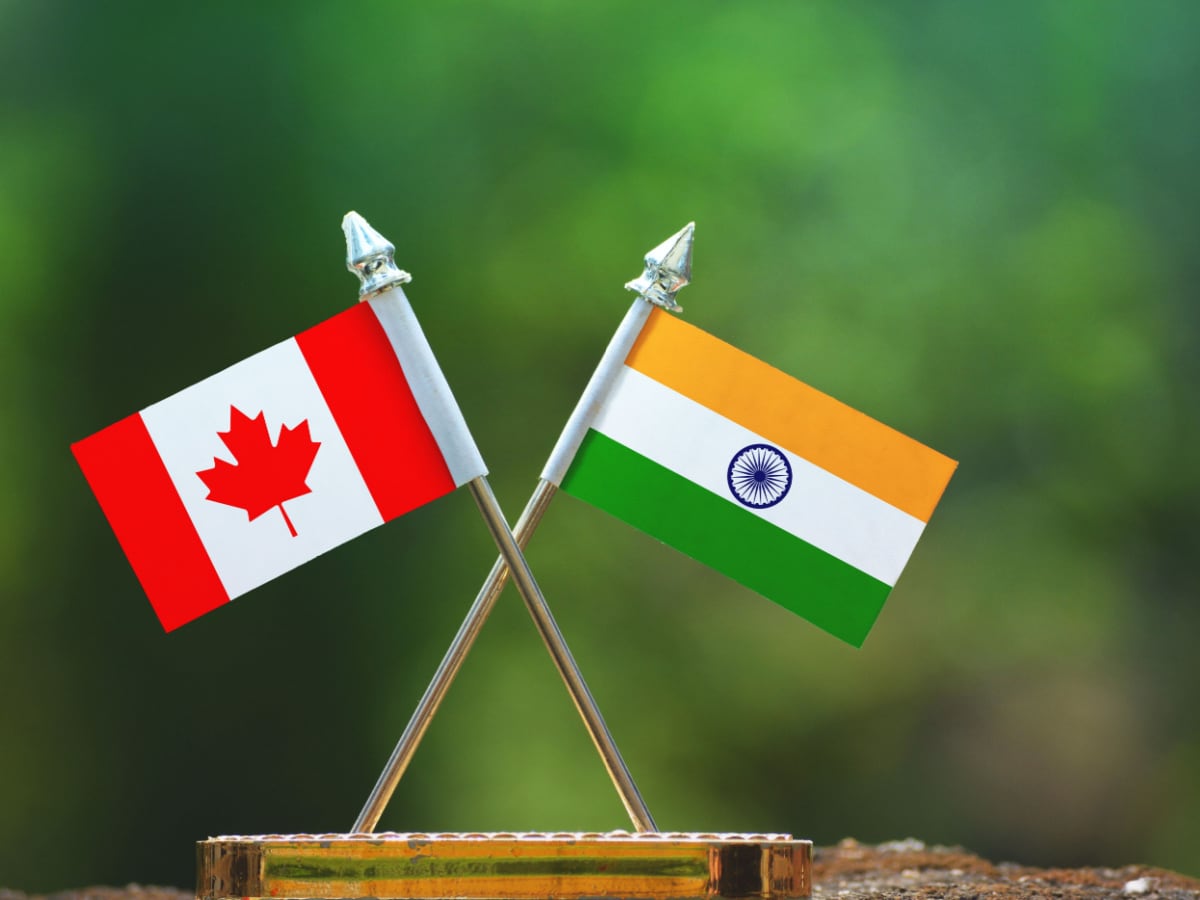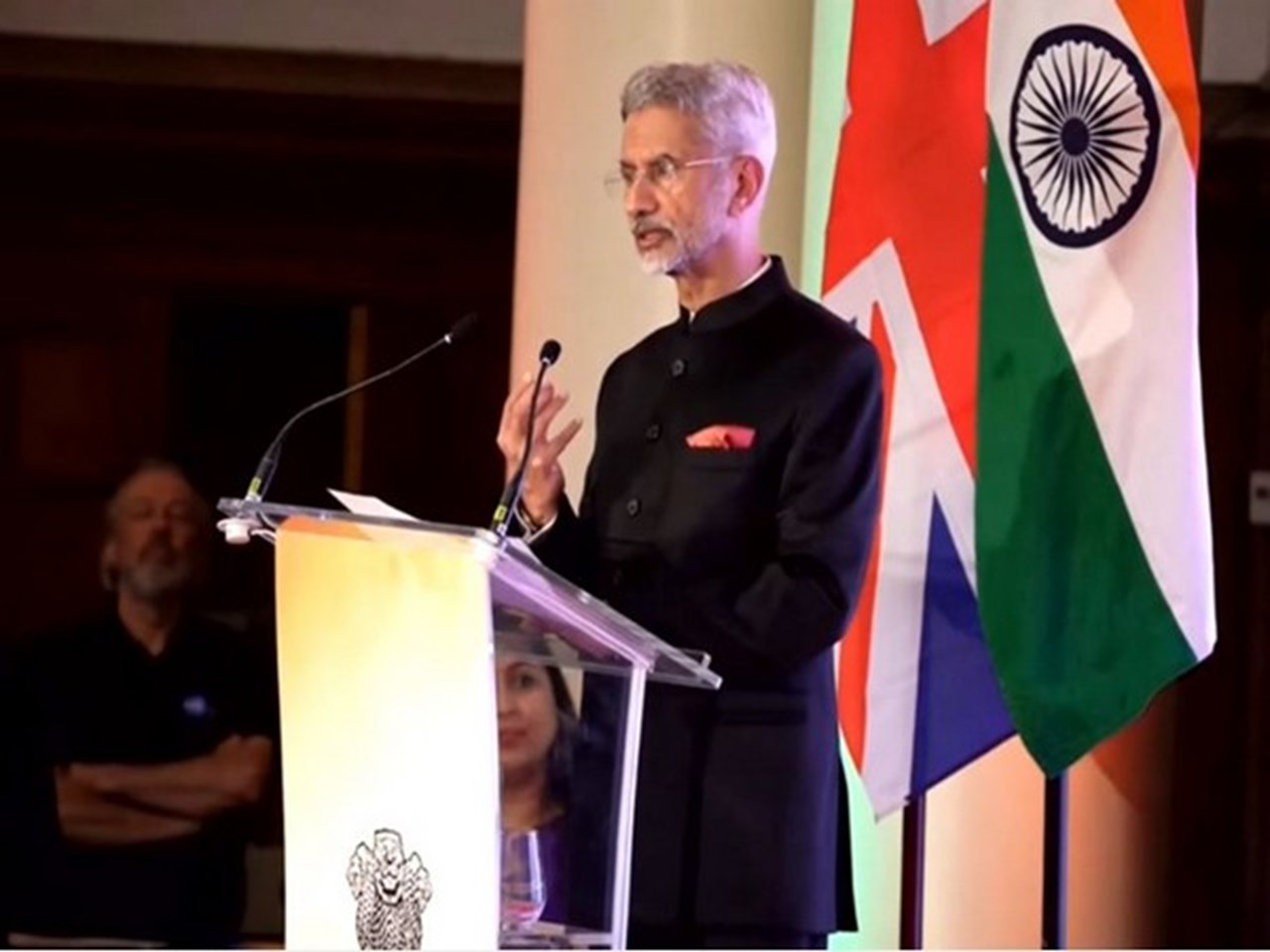India Urges Canada to Fortify Defenses Against Religious Attacks and Combat Hate Speech Menace

India Urges Canada to Fortify Defenses Against Religious Attacks and Combat Hate Speech Menace
In a significant diplomatic move at the UN Human Rights Council Review meeting, India has put forth recommendations for Canada to enhance measures preventing attacks on religious places and more effectively address the pressing issue of hate speech. The call for action came from Mohammed Hussain, representing India, who emphasized the importance of reinforcing the domestic framework to curb the misuse of freedom of expression and to counteract activities of groups promoting extremism.
The diplomatic exchange between India and Canada on the global stage underscores the shared commitment to safeguarding religious freedom and combating the rising tide of hate speech. With incidents of violence against religious places and the propagation of extremist ideologies becoming increasingly prevalent, nations are recognizing the need for collaborative efforts to create a more secure and tolerant world.
In his address at the UN Human Rights Council Review meeting, Mohammed Hussain expressed India’s concern over the vulnerability of religious institutions and the imperative to prevent attacks on these sacred spaces. “India recommends that Canada further strengthens the domestic framework to prevent the misuse of freedom of expression, particularly when it comes to inciting violence,” said Hussain. He also highlighted the necessity of disallowing activities of groups that propagate extremism, aiming to counteract the roots of potential violence before they can take hold.
The recommendation from India emphasizes the delicate balance between freedom of expression and the prevention of violence incited by hate speech. It encourages Canada to assess and potentially fortify its legal and regulatory frameworks to ensure that the right to express opinions does not transgress into a realm where it poses a threat to the safety and harmony of society.

Canada, known for its commitment to multiculturalism and inclusivity, has historically been a proponent of human rights. The call from India, therefore, presents an opportunity for Canada to reflect on its existing mechanisms and explore avenues for improvement. Striking the right balance between freedom of expression and the prevention of violence is a complex task, and both nations share a common goal in finding effective solutions.
The issue of hate speech, a growing concern globally, has prompted nations to reevaluate their legal and societal mechanisms. Hate speech not only poses a threat to the targeted communities but also undermines the fabric of a diverse and inclusive society. Recognizing the urgency of the matter, India’s recommendation to Canada is part of a broader conversation within the international community about confronting and curbing hate speech.
Canada’s response to these recommendations will likely involve a thorough examination of its existing legal and regulatory frameworks. Striking the right balance between preserving freedom of expression and preventing the misuse of this freedom for violent or extremist purposes is a challenge faced by many nations in the modern era. Canada’s commitment to addressing these concerns will likely involve a multi-faceted approach, including legal reforms, educational initiatives, and community engagement.

India’s emphasis on the prevention of attacks on religious places aligns with the broader global effort to protect places of worship from acts of violence and terrorism. Recent history has witnessed tragic incidents where religious institutions have become targets, underscoring the need for nations to collaborate in safeguarding these spaces. Strengthening domestic frameworks can serve as a deterrent, sending a clear message that such acts will not be tolerated and will be met with swift and severe consequences.
The recommendation to disallow activities of groups promoting extremism is a proactive step towards countering the roots of potential violence. Identifying and neutralizing extremist ideologies before they manifest into violent actions is a strategy that nations worldwide are increasingly recognizing as essential. By addressing the activities of such groups, Canada can contribute to a safer global environment and demonstrate its commitment to preventing the spread of radical ideologies within its borders.
As both India and Canada navigate these challenges, the diplomatic exchange highlights the shared responsibility of nations in promoting a world where diverse communities can coexist peacefully. The UN Human Rights Council Review meeting serves as a platform for constructive dialogue, fostering collaboration among nations to address common challenges related to human rights, religious freedom, and the rise of hate speech.

In conclusion, India’s recommendation to Canada at the UN Human Rights Council Review meeting reflects a broader global conversation on the delicate balance between freedom of expression and the prevention of violence incited by hate speech. The diplomatic exchange underscores the shared commitment of nations to safeguarding religious freedom and combating the rising tide of hate speech, as they work together to create a more secure and tolerant world.
Canada’s response to these recommendations will likely shape its approach to addressing the complex challenges of the modern era, emphasizing the importance of finding effective solutions while upholding fundamental human rights.



